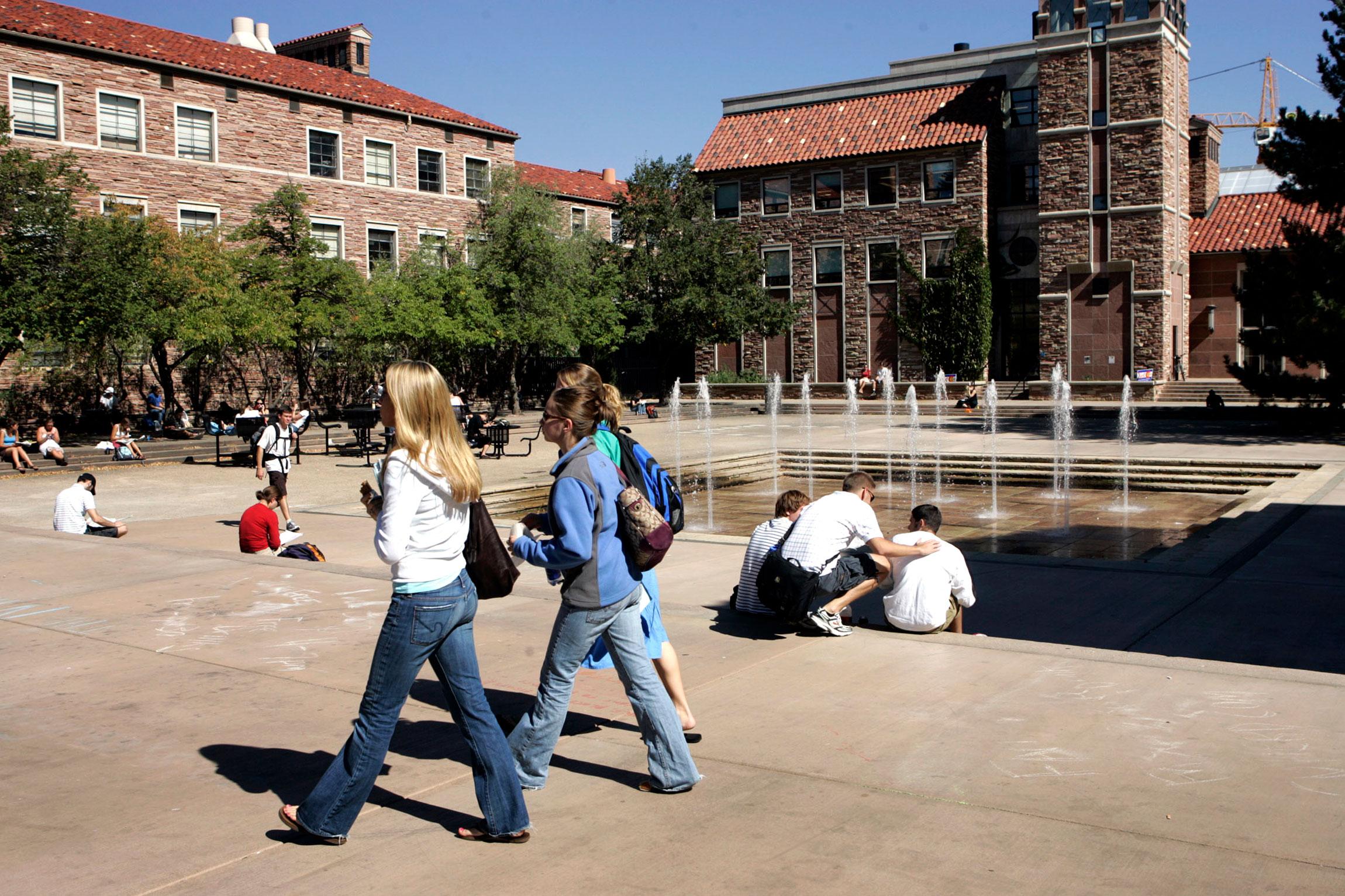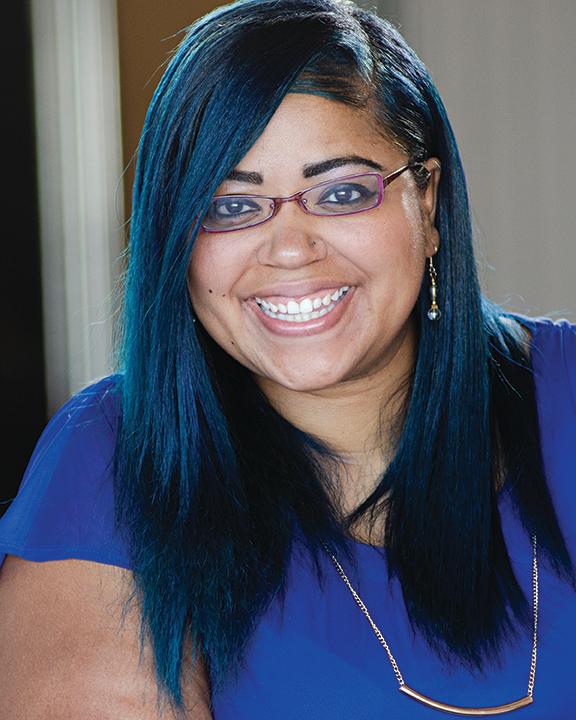

Update 5/14: Gov. Jared Polis signed the bill into law Monday, May 13 along with a dozen other bills passed late in the 2018-2019 legislative session. Our original story follows.
--
The earlier you start saving for your children's education, the more successful they’ll be.
That’s the idea behind House Bill 1280, which incentivizes parents to start a college savings account for their child as soon as he or she is born. The bill is headed to Gov. Jared Polis’ desk after it passed through the Senate on Tuesday.
The bill creates a college savings account program and puts $100 into a CollegeInvest 529 savings account. Those accounts are specifically for post-secondary education savings and must be spent on some type of education program.
“That could be for a welding certificate; it could be for a bachelor's degree or anything in between,” said CollegeInvest CEO Angela Baier. “And it's not limited to institutions here in Colorado. It can be used anywhere in the country.”
Parents don’t have to contribute to the account fiscally to receive the money. The only requirement is that children are adopted or born on or after Jan. 1, 2020, and the money must be claimed by the time the child is 5.
According to bill sponsor Majority Leader Sen. Stephen Fenberg, research shows that children with college savings accounts at birth tend to do better academically, have more savings as adults, and are two times more likely to go to college than children who don’t have college savings accounts.
“If we are going to make sure that every child has a strong start and a fair shot at economic security later on in life, we need to help them save for the future,” Fenberg said in a statement.
The program is slated to run for 20 years and the state expects to spend up to $5 million on the program in the next two years.









